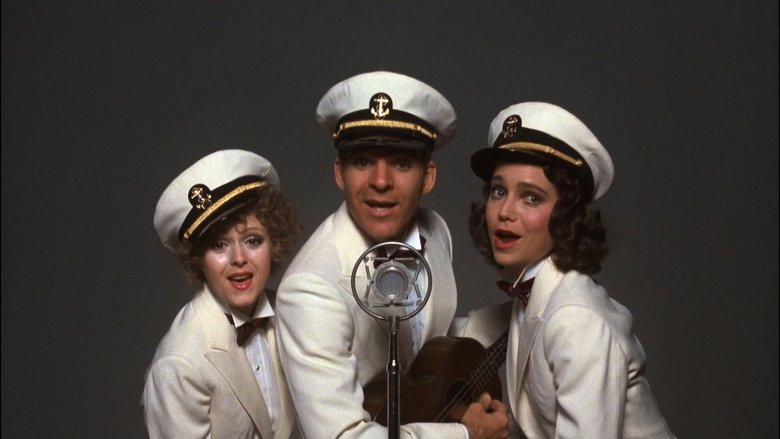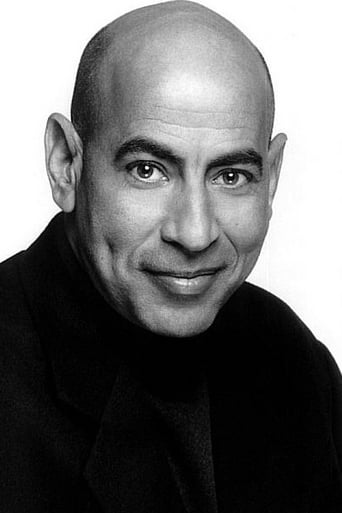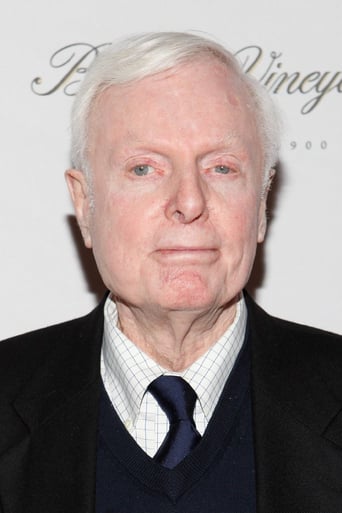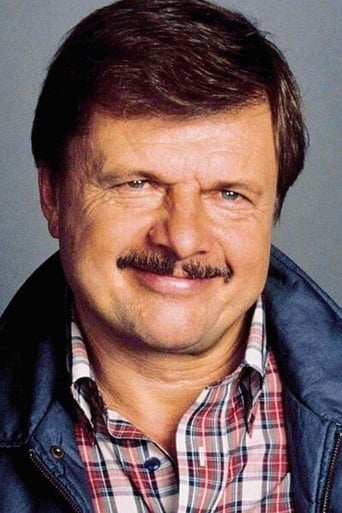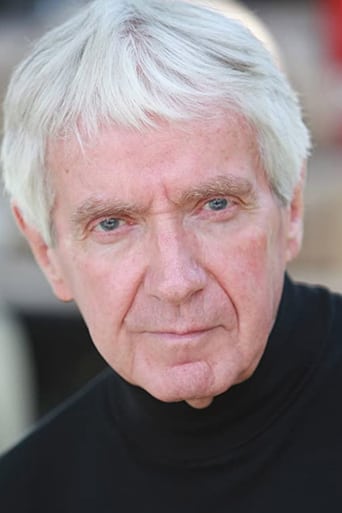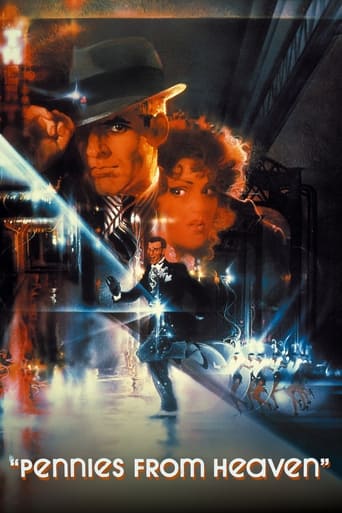
During the Great Depression, a sheet music salesman seeks to escape his dreary life through popular music and a love affair with an innocent school teacher.
Similar titles
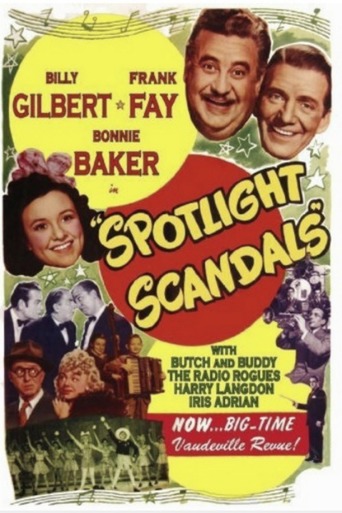
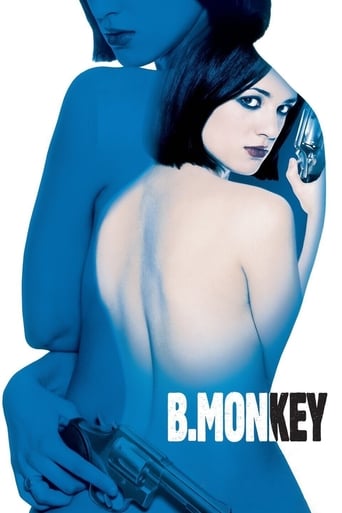
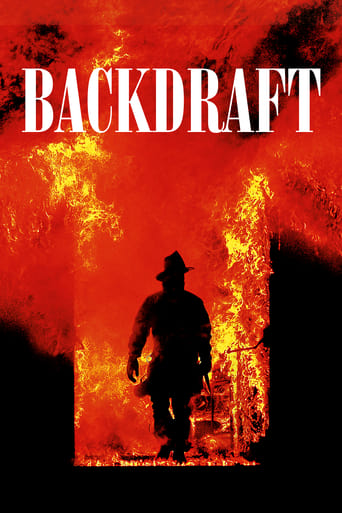
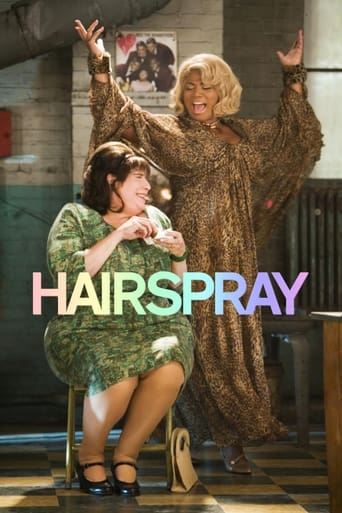

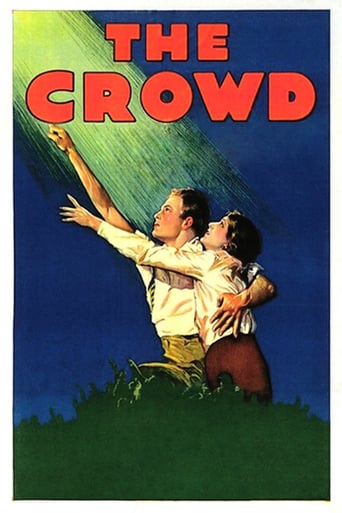
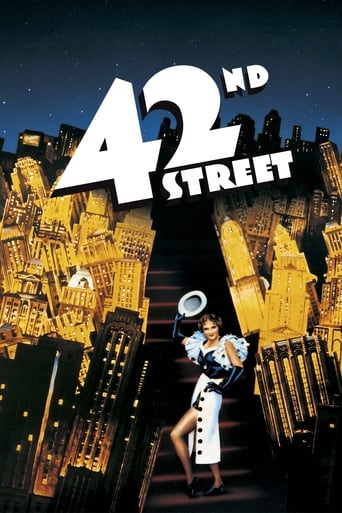
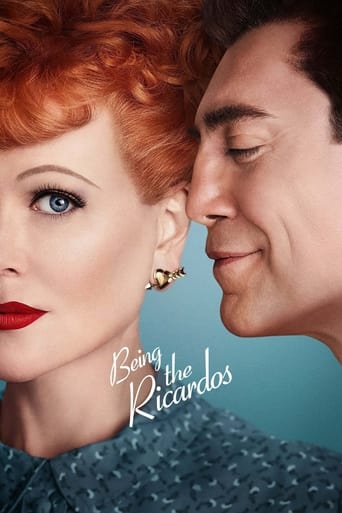
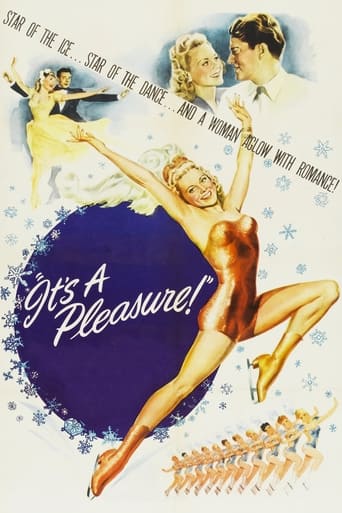
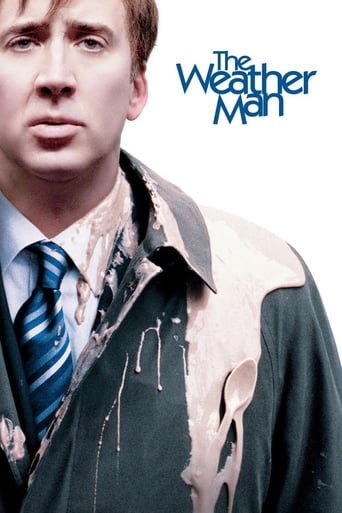
Reviews
Good movie, but best of all time? Hardly . . .
a film so unique, intoxicating and bizarre that it not only demands another viewing, but is also forgivable as a satirical comedy where the jokes eventually take the back seat.
There is, somehow, an interesting story here, as well as some good acting. There are also some good scenes
A great movie, one of the best of this year. There was a bit of confusion at one point in the plot, but nothing serious.
I don't usually seek out musicals, but this one was quite an experience. First off, those who don't particularly like musicals probably won't think twice about not seeing this, but it is worth a watch. Now, onto what I liked about the film. I thought that the musical selections were incredible, and there wasn't a single song I didn't like. Perhaps I'm biased because I love music from this era, but whatever. I also loved the set design, costumes and choreography which I thought were amazing. It was like a Fred Astaire musical, but in color, if I had to make a comparison (even though I've only seen clips of Astaire). And the schoolteacher he meets is like his Ginger Rogers (with shades of Jean Harlow and Mae West). Another thing I thought was ingenious was the way in which the musical numbers were presented. Instead of happening directly within the story, which most of the time takes you out of the cinematic experience (after all, who really breaks into song in real life?), they present all but one of the songs as fantasy/dream sequences which are obviously lip-synced. This is probably the greatest innovation the film makes. Other than that, I noticed little things (aided by internet research while I watched it), like a recreation of Edward Hopper's Nighthawks painting in one scene. The title is taken from a 1936 Irving Berlin musical and song (which I might want to check out, although the movie itself was adapted from a British miniseries), and one scene features two of the main characters recreating a scene from a Fred Astaire musical. There's also a scene where Christopher Walken gives an impressive dance (and striptease). Hell, the entire cast gives great dancing performances. One scene I liked in particular involved a teacher and her class full of schoolchildren. However, I get to what isn't so great about the film. For one, Steve Martin's character is a philanderer, habitual liar and all-around jackass who, if it weren't for his optimistic musings, would be pretty hard to get behind and root for. I didn't feel that many of the characters outside of the main three really had any depth to them whatsoever. Arthur's wife, in particular, got short shrift in this respect. Also, without the musical numbers, the movie would be goddamn depressing. In fact, the movie just gets more depressing as it goes along and more bad things happen to the principal characters. This makes the musical numbers even more of a necessity because these eventually are the only uplifting moments in the film. Perhaps, this is trying to say something about the nature of music in life, that it brings happiness and joy into what is essentially a dull and heartbreaking experience (and set, literally, in the Great Depression). If so, then it made its point very well. This brings me to the end (SPOILER!), which I felt was kind of a cheat in a way. It spent the entire movie building on this depression, and then it opts to end it happily. Seeing as how this movie works as a tribute to musicals past, maybe this was its way of not deviating too far from those previous films. But then again, it could have been another dream sequence. Who knows? I'll probably need to watch it again to be able to tell. Overall, this was definitely worth the time I put into watching it, and I really want to download the soundtrack now.
It's the depths of the depression in 1930s Chicago. Willie Loman -- I mean Steve Martin -- tries to sell sheet music. He loves the songs, although business is not going too well. He'd like to own his own record store but hasn't the capital. That stash belongs to his soulless wife, Jessica Harper, who believes that sex is dirty and wishes someone would cut Martin's "thing" off. For all that, he at least has an unprepossessing but adequate lower middle-class home. It's just that he has this itch that things could be better.Whenever he gets this itch he scratches it with a fantasy musical number. No harp arpeggios or watery dissolves. At the end of a fierce argument with the bank, there's a sudden cut and he and the banker are arm in arm, dancing and singing some song from the 1930s. The original recording plays. Sometimes Martin's voice is that of the female.True to his magical thinking, he falls in love at first sight with Bernadette Peters, a shy school teacher. He pursues her, seduces her, and impregnates her, which leads to her being fired, finding employment under a pimp (Christopher Walken), and running off with Martin without any plans. Their car breaks down under a bridge. Martin is arrested for a murder he never committed and hanged -- except that he and Peters kind of break the fourth wall and come together in a clinch at the end, with Martin observing that every movie must have a happy ending.Well, no movie with Christopher Walken dancing on top of a bar in a louche saloon, and Tommy Rall hurling himself through the air, can be all bad. And this isn't all bad. The dancing is surprisingly effective. Herb Ross, the director, used to stage and choreograph musicals and he knows what he's doing. The songs are Golden Oldies, with vocals by Rudy Valee, Bing Crosby, and Betty Boop. Bernadette Peters has a kewpie doll face, full of sex, and she has a firm grasp on her role.But the movie isn't an entire success either. It's more or less torpedoed by its own ambition. It seeks to evoke the desperation of the depression and it does the job all too well. The clothing is drab, the set dressing ditto, the characters hopeless, and the story bleak, except for that happy ending, straight out of Ambrose Bierce's "An Occurrence at Owl Creek Bridge." The sepulchral picture of real life overwhelms the plot and the musical numbers seem more like distractions than anything else. Yes, Martin does a fine imitation of Fred Astaire dancing with Ginger Rogers to "Let's Face the Music and Dance," twirling around and holding his hands in the air, but I kept wondering WHAT'S GOING TO HAPPEN TO HIM? For what it's worth, I seem to recall even better mimicry of Astaire by Martin on Saturday Night Live, with Martin falling over the furniture and eventually, happily, smilingly, tap dancing his way through a penthouse window.That SNL sketch was amusing. The movie prompts you to slit your wrists.
A conceptually dazzling musical, adapted by Dennis Potter from his BBC series, which juxtaposes the grim reality of Depression-era life with the fantasy of popular song.Steve Martin is a pipe-dreamer and travelling sheet music salesman who thinks about sex once every one second, leaving his frigid wife (Jessica Harper) in the lurch and a timid spinster (Bernadette Peters) up the duff. Potter doesn't give Peters the soapy sob story, though. In fact, what he does with this tiny-mouthed schoolteacher is remarkable to the point of revolution, and her candid, conflicted, sensual performance is astonishingly good, one of two real reasons to see the film.The other is the songs: an endless succession of show-stoppers, mostly framed as fantasy sequences, and almost all lip-synched to the crooniest available versions of old standards, while faithful to some distinct visual style of the 1930s. Many borrow directly from Busby Berkeley - Yes! Yes! even has kaleidoscopic overheads - but there's also a nod to nautical numbers, an enduring obsession in American popular culture for reasons unknown, while the film reaches the height of its ambition with a Fred-and-Ginger take-off staged on a replica of the Let's Face the Music and Dance set, but with choreography inspired by Top Hat, White Tie and Tails.Just about every number is impressive or thrilling in some way, from Peters' exuberant Love Is Good for Anything That Ails You (mimed to a Phyllis Robins record and featuring schoolchildren as backing dancers), to a gold-tinted, stunningly-staged version of the title tune danced by Vernel Bagneris, and excellent guest spots for '50s hoofer Tommy Rall and Christopher Walken, the latter magnificently objectionable as a face-cutting pimp with a sideline in tap-dancing, whose incredible version of Let's Misbehave is probably the gateway drug that Tarantino fans need to get into Cole Porter.Between these musical high points, though, which reveal the central characters' hidden urges or wildest desires, the dramatic passages don't quite cut it. I haven't seen Potter's original, but his script here - which underwent 12 revisions while boiling down six hours of drama to less than two - operates mostly at a surface level, and seems to mistake repetition and mundanity for profundity. Few of the characters seem truly affected by anything that happens to them, that strange, cold aloofness preventing you from engaging with much of what's going on amidst the impeccable period design. The writing isn't bad - there are moments of truth amidst Potter's laid-back perviness - but it isn't up to the standard of its interludes, which border on the sublime.There's also the problem of Martin's performance. His attempts at emotion seem to have a unique, mawkish insincerity about them, while his zany treatment of some of his musical spots, mugging when he should be following Peters' restrained lead, often puncture the pastiche, leaving only a cartoon in its place. He makes a good fist of the dancing, but with someone down-to-earth and dramatically dynamic in the central role, perhaps Potter's spoken passages would have come closer to the robustness and realism needed to make the central contrast really work. Though its numbers aren't as impressive, that's why Ken Russell's version of The Boy Friend works so well: you believe in the seedy seaside world it creates, and so the songs give you something to escape from.I wish this were great. It should be. It almost is. But it doesn't quite make it. A little like the pipe dreamer at its centre.
Heavy-going, off-putting Depression-era musical (set to old recordings of the 1930s) is quite elaborate and usually looks good, but is filled with ciphers. Steve Martin, in a fair dramatic acting turn, plays a sex-obsessed sheet-music salesman in Chicago with no conscience who cheats on his frigid wife with a schoolteacher, later becoming involved in a murder investigation. Unfortunately for Martin, this character is such a crude, lascivious lout, we don't really care about his fate or whether or not his teacher-girlfriend (now a prostitute) leaves him. Jessica Harper (as the cold-fish wife) is every married man's nightmare: the bride-turned-shrew; Bernadette Peters is somewhat more sympathetic as the lover, and gets to utilize her natural Kewpie doll-ness to fantastic effect in the musical numbers. But, for the most part, "Pennies From Heaven" is peopled with low-lifes. The extravagant showstoppers, fantasy sequences designed like mini Busby Berkeley movies, are breathlessly intricate and exciting to watch, but they provide little emotional subtext for what's happening in the real world (I don't know if original creator Dennis Potter meant it or not, but the material plays like "Up the Sandbox" with music). Herbert Ross directed with a heavy hand, though he does get some fine moments from his cast, especially Christopher Walken as a hoofing pimp. An expensive remake of a British mini-series starring Bob Hoskins, the movie ultimately feels a bit claustrophobic and sluggish, and has an unsatisfying wrap-up to its reedy-thin plot. **1/2 from ****
Top Streaming Movies











